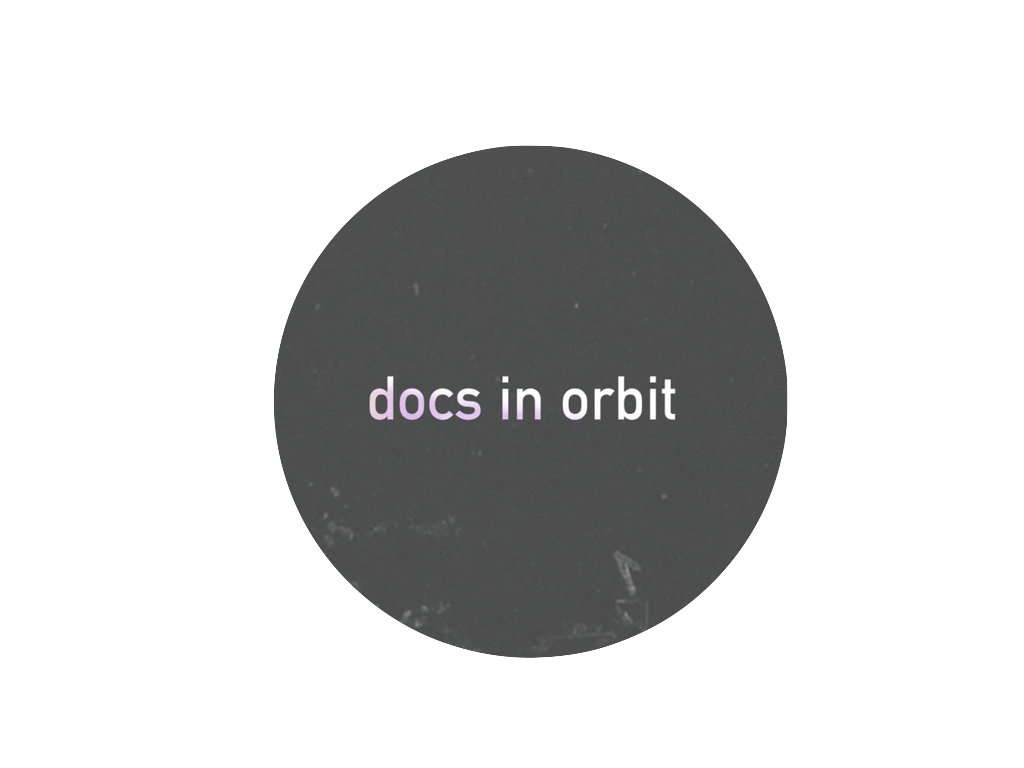Masters Edition: in Conversation with Peter Forgács
In this episode, we feature a luminous conversation with Hungarian documentary filmmaker and multimedia artist Peter Forgács. Forgács has a long-standing reputation as Hungary’s most innovative documentary filmmaker. He is an honored guest at this year’s 60th anniversary of the Krakow Film Festival, where he will receive the Dragon of Dragons award for his exceptional contribution to the development of international cinema.
Born in Budapest in 1950, Forgács grew up during a time in Hungary that was heavily scarred from the war, the German Occupation, and the oppressive Communist dictatorship that followed.
In 1971, he began his studies at the Hungarian Academy of Fine Arts, only to be expelled the same year for being a member of an unsanctioned leftist art movement. Forgács considers this transgression a blessing as it pushed him further into the counter-culture and avant-garde movements of the time that was flourishing in Eastern Europe’s music, film, and art scene.
In the late 1970s, Forgács was part of Group 180, Hungary’s leading contemporary music ensemble, which took inspiration from experimental and modern composers present in Western Europe and American music. Taking advantage of a relatively porous Iron Curtain in Hungary at the time, Group 180 introduced the music of Philip Glass and John Cage to new audiences while attracting international attention to emerging Hungarian musicians experimenting with minimalist sounds.
Through this group, Forgács began a long-time collaboration with the composer Tibor Szemzó´ who would write the score for most of Forgács’s films.
In the early 1980s, Forgács began experimenting with performance events; these were Fluxus performances where he would run films on screens while simultaneously reading texts, painting, or dancing to create associations with the projected images.
It was also at this time that he began collecting amateur home movies and photographs from the 1930s-1960s and established the Private Photo & Film Archives Foundation (PPFA, 1083), where he eventually amassed thousands of images and hundreds of hours of footage - a treasure that provided him with source material for more than thirty films and several multimedia installations displayed at museums and art galleries worldwide. An alchemist of cinema, Forgas is skilled at transforming archival footage, initially intended for private and personal viewing and imbuing them with new meaning.
He is the recipient of several international awards and prestigious residencies, including an artist residency at The Getty Museum and Research Institute, a Fulbright Scholar at NYU, awarded the most prestigious Dutch Erasmus Prize for his notable contributions to European culture, and representing Hungary at the Venice Biennale.
Beyond all of his well-deserved accolades and successes as an artist, Peter Forgács is a profoundly kind and generous human being, and we are grateful to have had the chance to sit with him recently to discuss his works, his inspirations and the concepts which his work is based on.
Moderating the conversation is Miguel Lopez Beraza, a filmmaker based in Madrid and a former student of Forgács.
